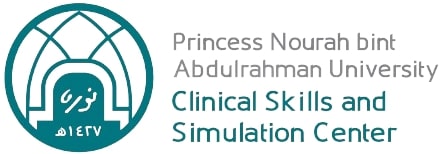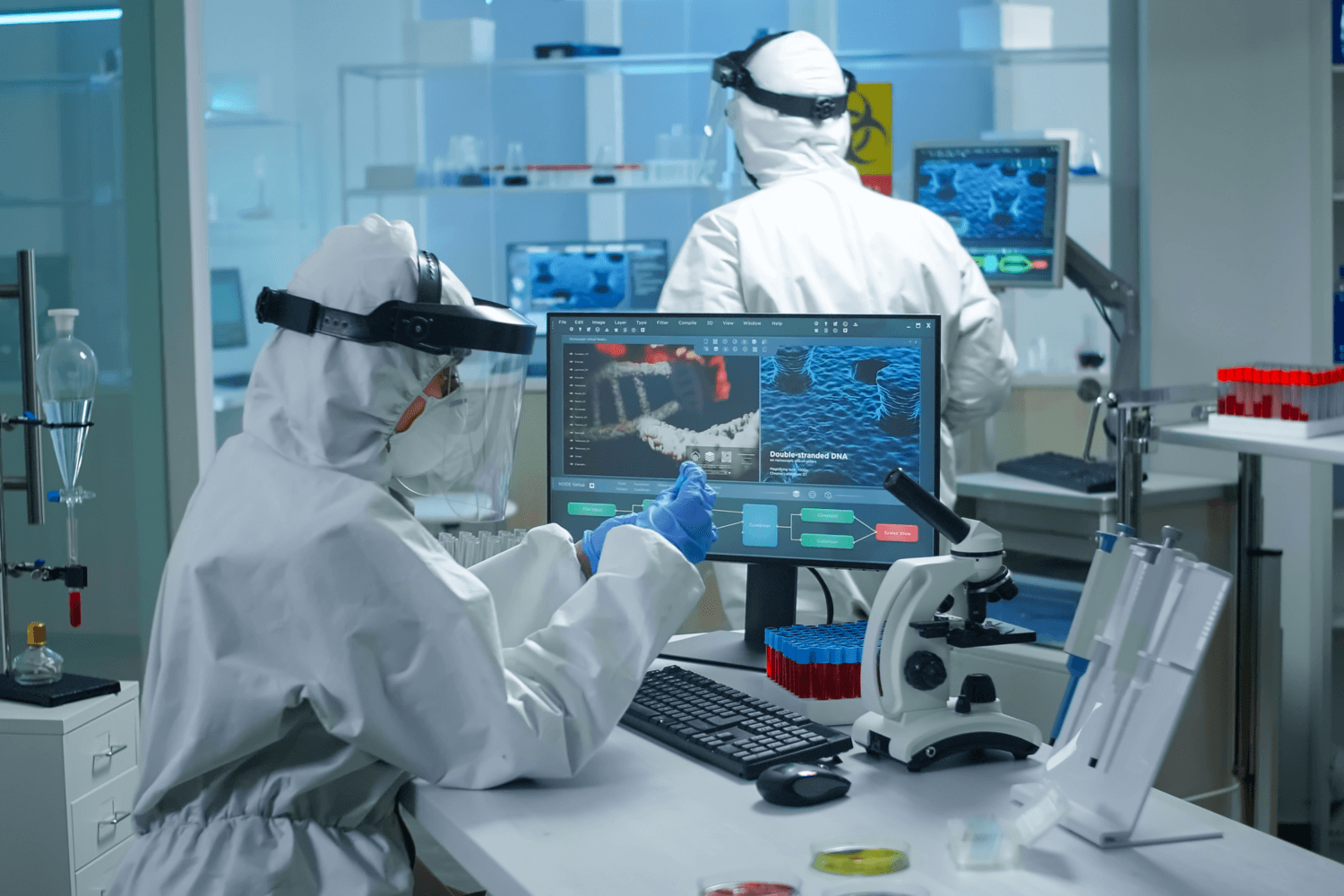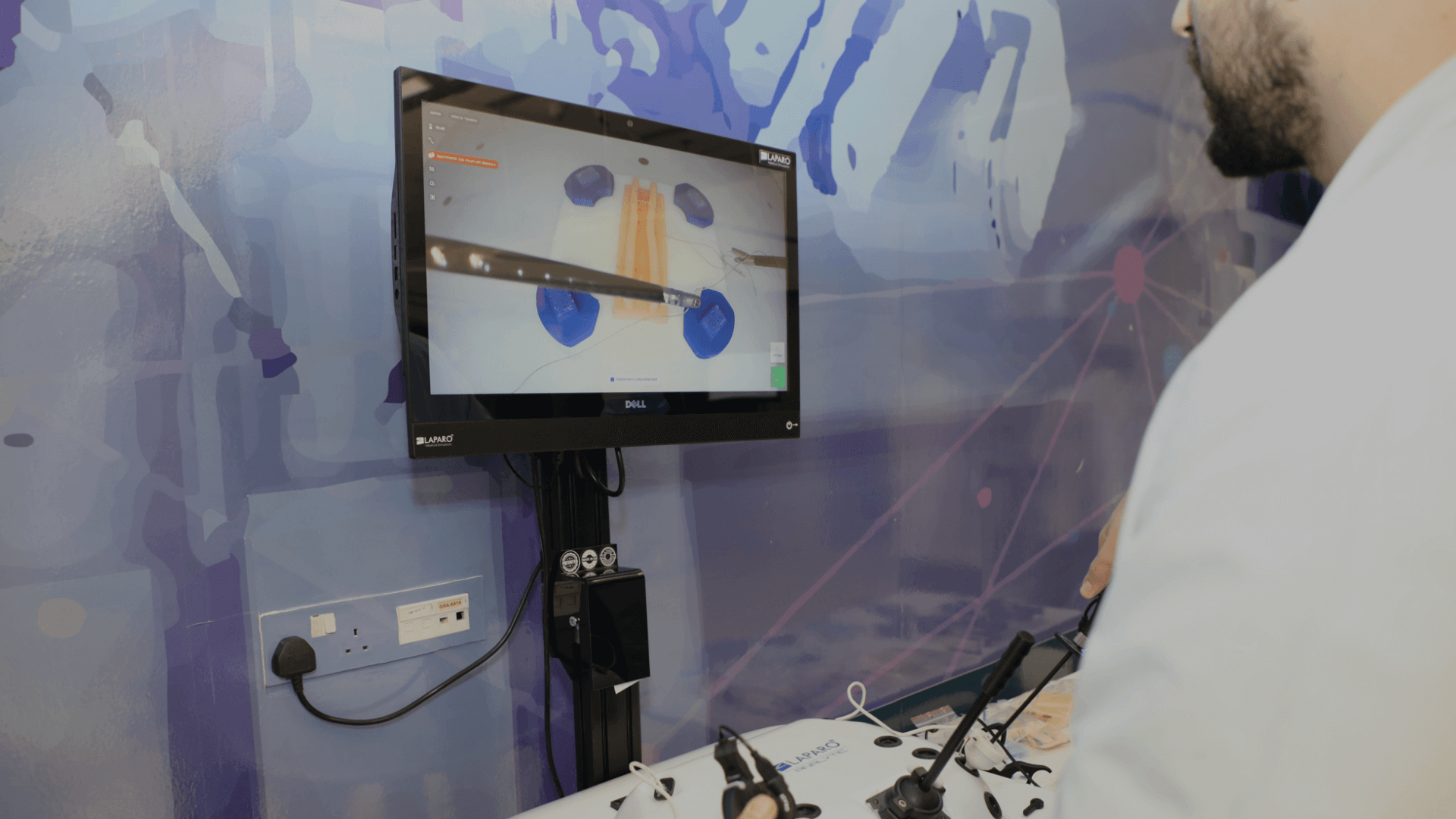Life Support Training:
The Life Support Training unit has been recognized as an International Training unit that is accredited by the American Heart Association since August 23, 2015, up to the present. It offers many accredited basic and advanced courses designated for health care providers and students at health colleges in compliance with the Saudi Commission for Health Specialties requirements and the required accreditation standards. Furthermore, the unit provides training, educational courses, and classes for several segments of society, such as school students and private and governmental sector employees. Training is carried out using manikins and task trainers on performing high-quality CPR and other critical skills.
One of its most important missions is to empower individuals with the necessary skills, enhance community awareness of the importance of First Aid and CPR, promote their level in providing a safe environment, and share knowledge.







